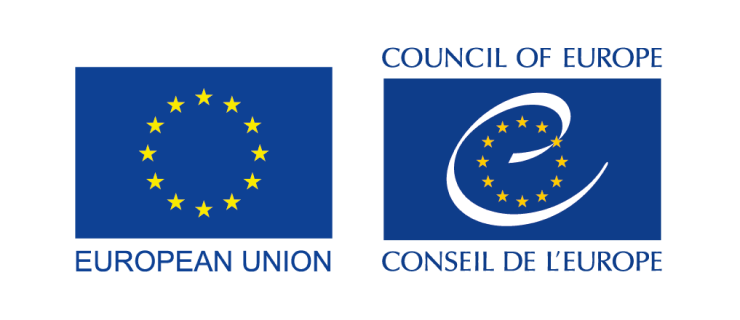International Organisation Resource
The 20th century: an interplay of views
Multiple Authors • Council of Europe • 2002
Levels and forms of education
Lower Secondary Education
Upper Secondary Education
Resource type
Conceptual or themathic publications
Event Summaries
Historic approaches concerned
Cultural History
Economic History
Gender History
Intellectual History
Local History
Microhistory
Military History
Political History
Social History
Transnational History
Historic period
First World War
1918-1939 (“Interwar Period”)
Second World War
1945-2000
1945-1960
1960-1970
1970-1980
1980-1990
1990-2000
21st Century
1900-1945
1900-1914
20th Century
Countries or areas concerned
Europe, Central Europe, Eastern Europe, Southeastern Europe, Northern Europe, Southern Europe, Western Europe
Languages
English
Description
This publication is the output of the Council of Europe symposium “The 20th century: an interplay of views”, held in Bonn from 22 to 24 March 2001, which was the final conference for the CDCC project “Learning and teaching about the history of Europe in the 20th century”. One of the special goals of this three-year project was to produce teaching resources for secondary schools which would encourage both teachers and students to approach the events of the 20th century (and historical events in general) from a critical and analytical perspective, using the same skills and assessment criteria as historians. This involves, among other things, the understanding that no single version of history should be considered as final or correct. In addition to presenting and assessing these teaching resources, the final conference brought together distinguished historians and writers from across Europe to give their views on the past century. Their speeches focused on: the role of historical interpretation and memory in forming identity; uneasy confrontations with past roles in the second world war; history still dominated by prejudice and myth; the importance of updating history, particularly one ideologised by a communist past; and the role of history in contributing to tolerance and respect amongst Europe’s peoples. The speakers almost unanimously stressed the importance of “looking back” and confronting the past, no matter how painful the process, if Europe was to continue to progress in human rights and democracy. The photograph on next page was taken at the site of the ruins of the National Library in Sarajevo, destroyed on 26 August 1992. Its strange power lies in its elusiveness: it sends messages out in all directions – horror, beauty, immediacy, disembodiment, healing – thus making us uncomfortable if we try to interpret it. But it does act as a reminder that this continent and the world were caught off guard only a decade ago when Europe was in full democratic expansion. From this point of view, its presence here conveys the clear message that the past can never be relegated wholly to the past.
Keywords
Council of Europe
CDCC
Holocaust
abuse of history
propaganda
distortion
new technologies
Conference
